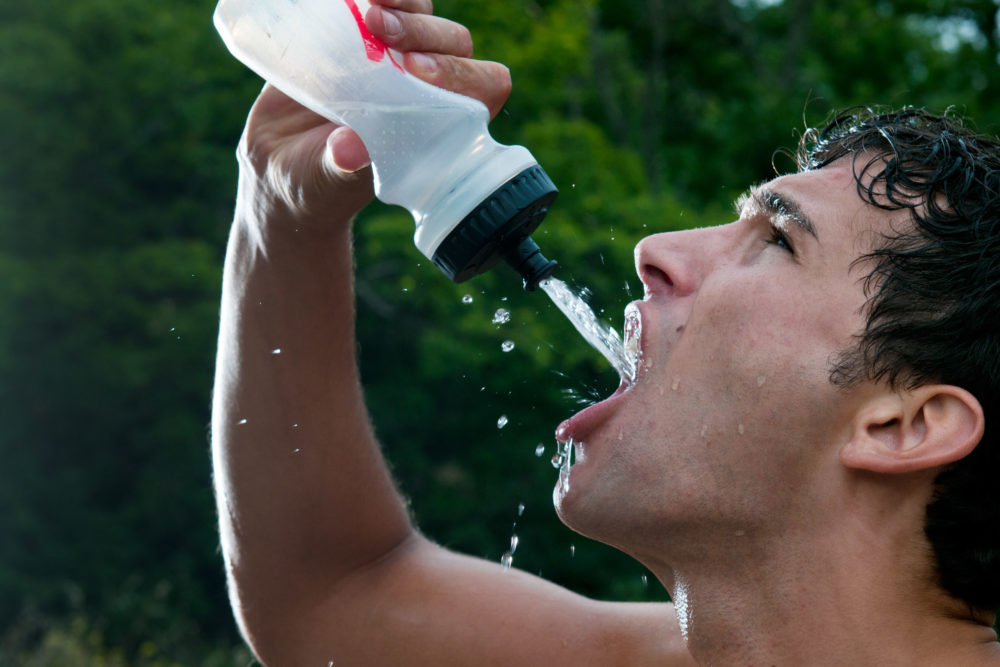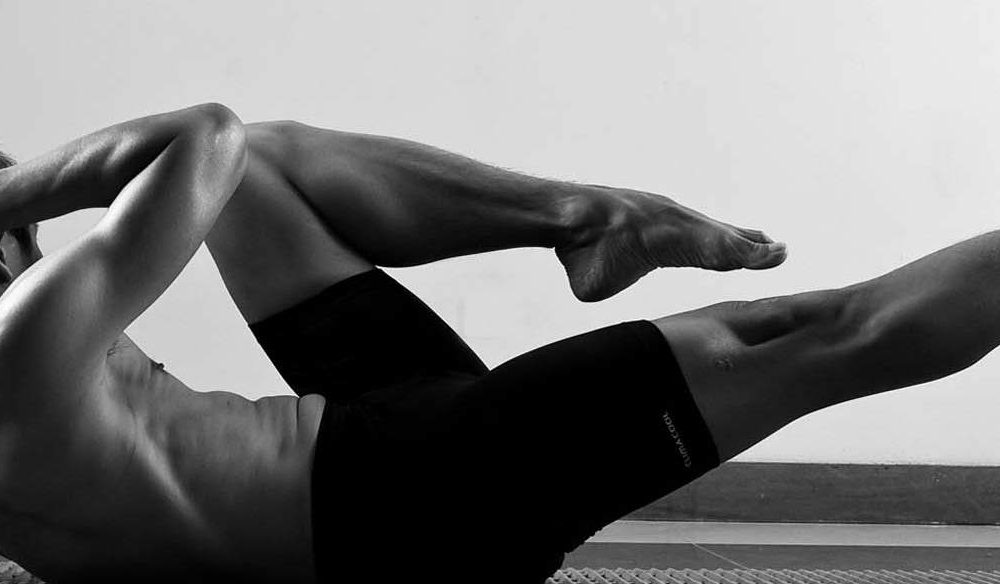
Most of us are great at sticking to a training plan but what about a good recovery plan?
Adequate rest and recovery is key to your success at races and your ability to give everything to each of your training sessions. To put it simply, during training you break down muscle fibre and put stress on your bodies energy systems. When you rest, muscles rebuild stronger and your body adapts to the training ready for you to train again. So, inadequate rest and recovery leads to you continually training with your body in a constant state of repair and stress.
Here’s some tips on getting the most out of your recovery:
Hydrate
You should be hydrating constantly during exercise but replacing lost fluid after your sessions is extremely important. Water is essential for maintaining normal metabolic function within the body, it plays a key role in delivery nutrition to our cells and eliminating waste from our system. A good way to work out how much you should hydrate is to weigh yourself pre and post exercise. A 1kg drop in weight means you need to drink 1.2-1.5 ltrs of fluid slowly after training. Water is best but if you sweat lots then a electrolyte drink will better aid recovery.
Protein
While we need all 3 fuel sources to train, carbohydrate, fat, & protein, it is predominately protein that will enhance recovery. Protein makes up the structure of every cell and tissue in your body. It’s needed for growth and formation of new tissue, to repair tissue and it maintain optimal fluid balance in the body. To help the muscle tissues recover during endurance sport you require more protein post session to compensate for the proteins broken down during training. Ensure your post training meal contains a good source of protein alongside fats and carbohydrates.
Stretch & Roll
Keeping your muscles supple and your joints flexible allows your body to recover quicker and also minimise injury. Follow a simple stretch plan that focuses on your tightest muscles and use a foam roller for additional myofascial release on anything that feels tight to aid flushing through the toxins that build up in your muscles during exercise.
Keep moving
Try to keep as active as you can after exercise to avoid unwanted stiffness in your muscles. Gently exercising your sore muscles improves circulation and promotes the removal of waste and toxins from within the body enabling muscles to repair faster.
Massage
Book in regular massage to keep your body in check and keep your muscles supple. A good sports massage can help to release tension in tight muscles and keep your body balanced. More focussed than using the foam roller, it also helps to flush through toxins and aid repair.
Listen to your body
Key to any recovery plan is the ability to listen to what your body is telling you. If things are tight, if joints are sore, if you are constantly battling the snivels, then your body is trying to tell you it’s unhappy. A stress tired body won’t be able to repair ready for you to train again and again. Learn to hear the signals and act. If you persist with training then you will likely get sick or injured.
Sleep LOTS!
Underrated and so massively needed within any training programme. When you sleep your body rebalances hormones and your systems repair. This is the time when all of the hard work you’ve done during training is rewarded as your body rebuilds and repairs stronger and fitter than it was before. Each sleep is worth double any training session so enjoy this down time from training, take an afternoon nana nap, and relish a sleep in every now and again!




